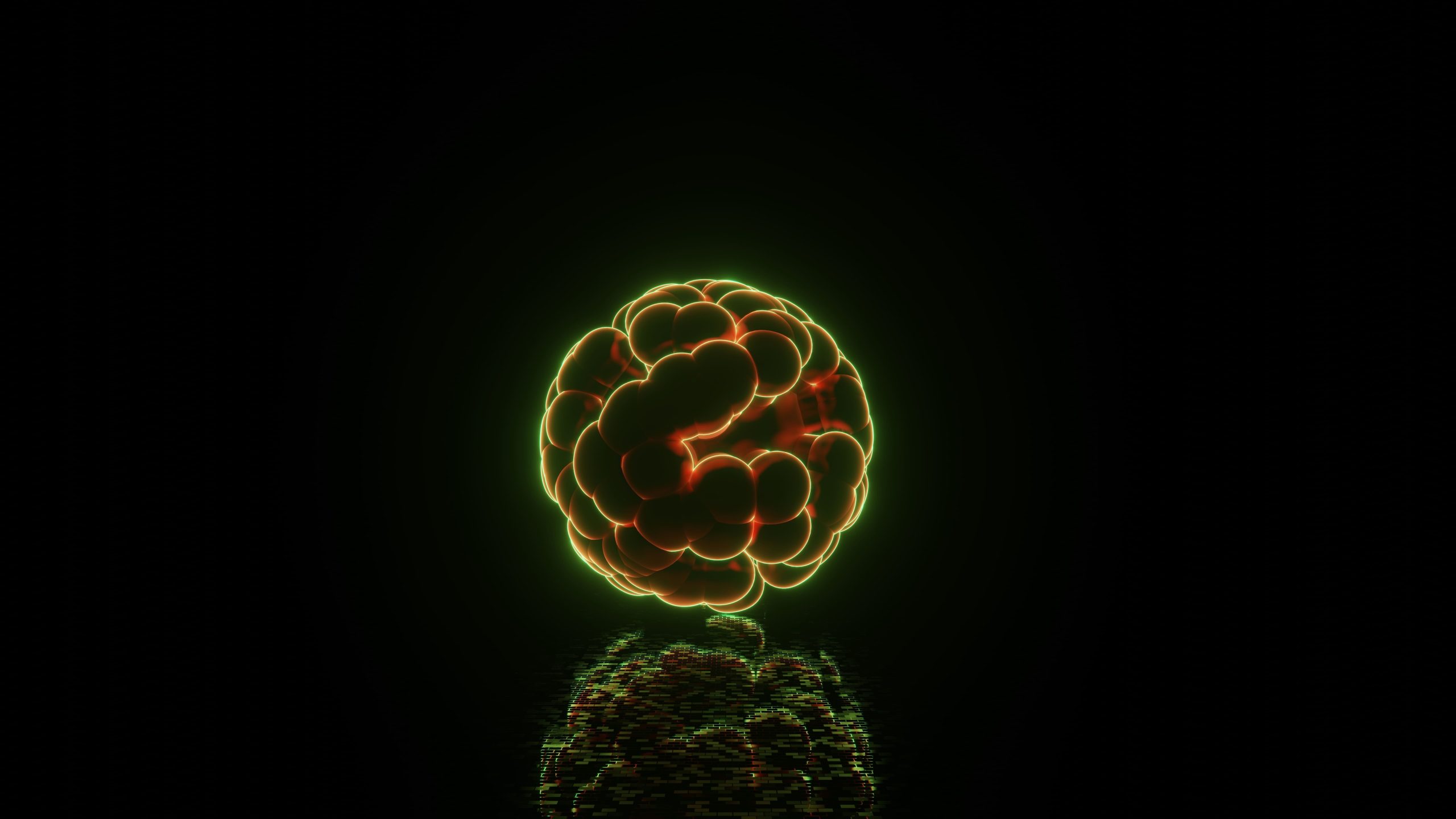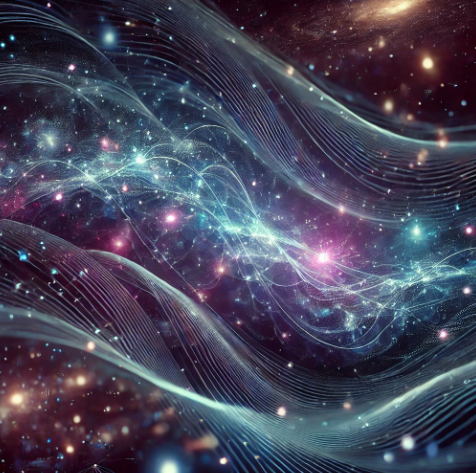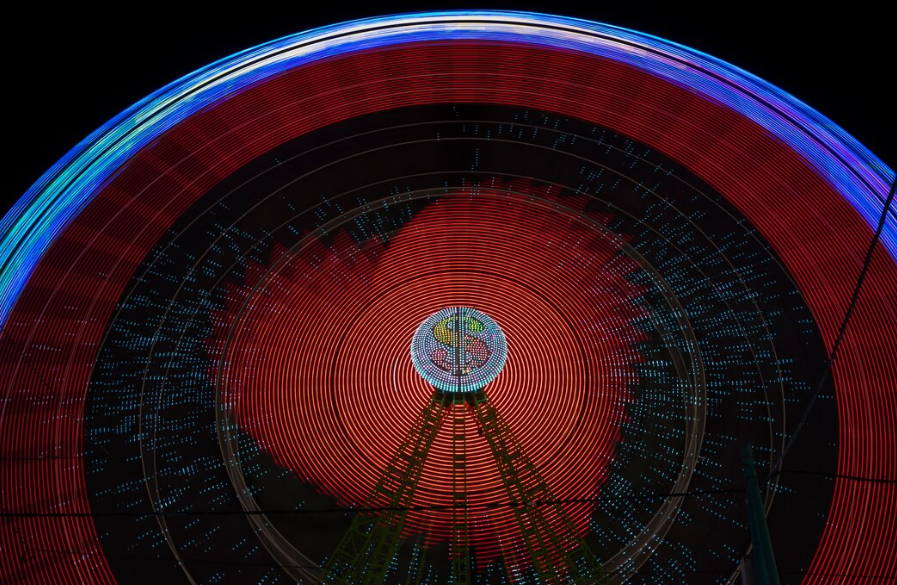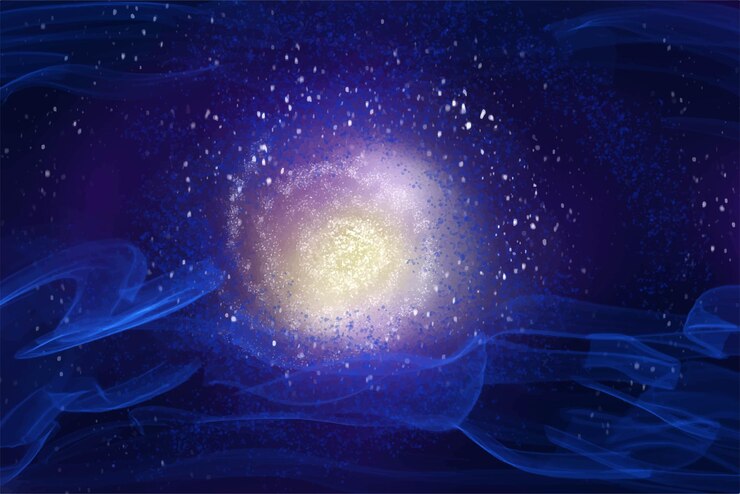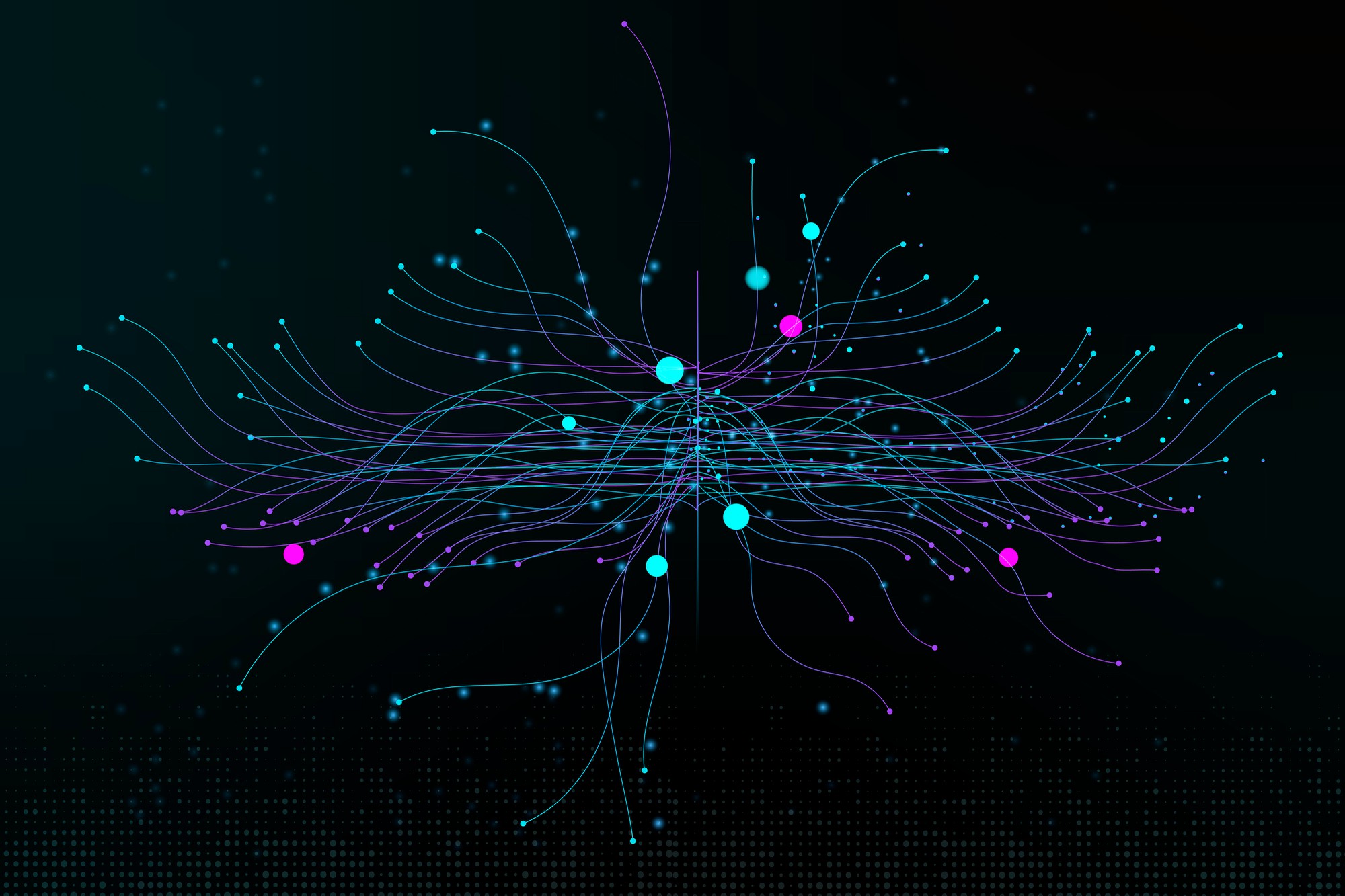Picture this: You’re reading this article, sipping coffee, convinced your life is real. But what if you—your memories, your coffee, even this sentence—are just a hallucination flickering into existence for a nanosecond in an infinite, lifeless void?
This is the Boltzmann Brain Paradox, a cosmic riddle that turns reality into a Schrödinger’s cat experiment. Are we solid, stable beings… or glitches in a dying universe’s code? Let’s unravel the madness.
What Is the Boltzmann Brain Paradox?
Named after 19th-century physicist Ludwig Boltzmann, this paradox asks: In a universe ruled by chaos, which is more likely—an entire ordered cosmos, or a single self-aware brain hallucinating that cosmos?
- Thermodynamic Roulette: The universe tends toward disorder (entropy). But Boltzmann argued that random fluctuations can briefly create order—like a tornado assembling a Ikea shelf.
- Statistical Nightmare: In an eternal, infinite universe, trillions of “Boltzmann Brains” (isolated, self-aware minds) would pop into existence more easily than a stable, life-friendly cosmos like ours.
So, are we the real deal—or just a brain-in-a-void’s daydream?
The Science: Entropy’s Practical Joke
1. The Second Law of Thermodynamics
Entropy (disorder) always increases. But Boltzmann realized that in an infinite universe, local drops in entropy can occur. Think of it as a chaotic party where, once in a trillion years, a corner of the room falls silent.
2. Cosmic Coin Toss
If the universe is eternal, the odds of a fully ordered cosmos like ours are vanishingly small. But a single brain hallucinating a cosmos? Statistically, you’d win that lottery trillions of times over.
3. Quantum Fluctuations
Modern physics shows that empty space isn’t empty—it’s a seething quantum foam. Could a random fluctuation spawn a conscious mind?
Real-Life Implications: Trust Nothing
- Your Memories Are Fake: If you’re a Boltzmann Brain, your childhood, first kiss, and that time you cried at Toy Story 3 are illusions.
- Science Itself Is a Mirage: All laws of physics—gravity, quantum theory—could be figments of a transient mind.
- The Universe Is Doomed: If entropy always wins, even Boltzmann Brains will eventually dissolve into chaos.
Philosophical Meltdowns
Escaping the Paradox: How Scientists Fight Back
1. The Anthropic Principle
We exist in a stable universe because, well, we’re here to notice. Unstable Boltzmann Brains can’t ask questions—they vanish too fast.
2. Cosmic Inflation
If the early universe expanded exponentially (inflation theory), our cosmos isn’t a random fluctuation—it’s a deliberate structure.
3. The Universe Is Finite
If the cosmos has an expiration date, there’s no time for infinite Boltzmann Brains to form.
4. Occam’s Razor
It’s simpler to assume we’re real than a self-deceiving quantum hiccup.
FAQ: Your Boltzmann Brain Crisis, Solved
Q: Could I be a Boltzmann Brain right now?
A: Maybe. But if you were, you’d likely vanish before finishing this sentence.
Q: Does this disprove God?
A: Not necessarily—but it does make divine creation feel over-engineered.
Q: Can I use this as an excuse for forgetting my keys?
A: “Sorry, boss—my Boltzmann Brain glitched.” (Results may vary.)
Final Thoughts: The Universe’s Ultimate Troll Move
The Boltzmann Brain Paradox is less a scientific puzzle than a cosmic prank. It forces us to confront the fragility of existence: Are we pioneers in a meaningful cosmos, or just static on the radio of eternity?
As physicist Sean Carroll quipped, “The Boltzmann Brain Paradox isn’t a problem for the universe—it’s a problem for us.” Maybe reality is just stubbornly refusing to make sense.
What do you think?
Are we Boltzmann Brains hallucinating reality, or is the cosmos truly as it seems? Share your existential crisis below—and for more mind-bending science, dive into The Fermi Paradox: Where Are All the Aliens?.
Subscribe for more reality-quaking content!
Disclaimer: This article explores speculative physics and philosophy. The Boltzmann Brain Paradox remains a theoretical exercise, not an established fact.
